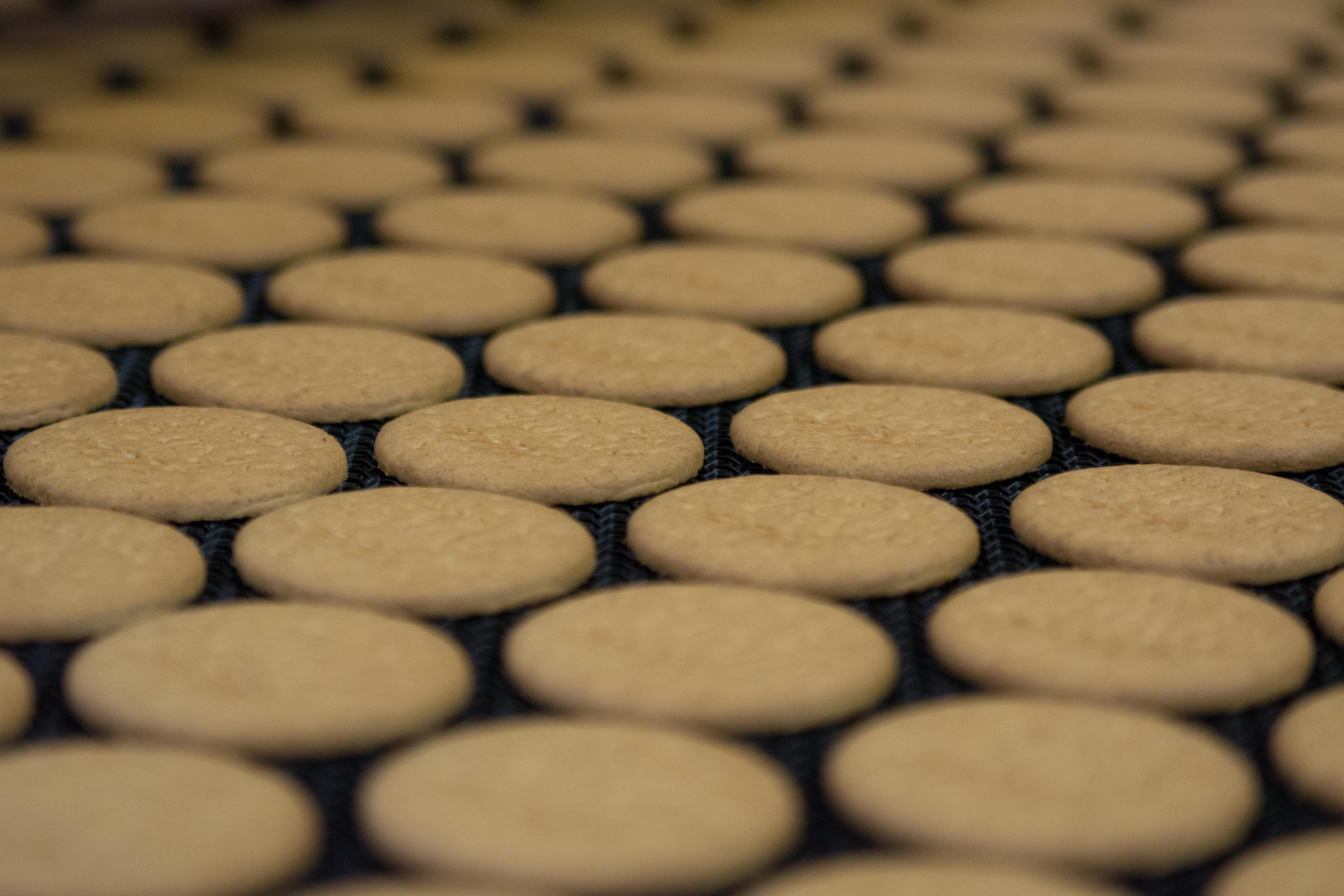How can we better empower women in the workplace, asks Nina Sparks?
Women are often taught from a young age that they need to be perfect, with research highlighting that many will not apply for a job unless they believe themselves to be 100 per cent qualified. Cultural and social norms mould young minds to accept this and not have the confidence to try jobs that are seen as a male domain. But we need to push the imposter syndrome away, and the voice that says ‘I’m not good enough’.
Although women make up 51 per cent of the total population, the percentage of women working in management or engineering functions is woefully small. Studies show that the UK has the lowest percentage of female engineering professionals in Europe, and whilst the industry is more diverse than it was several years ago, there is still a lot more to be done to inspire the female engineers of the future. Encouraging women to get into the sector is not just about improving career prospects and making the industry more equal, but also addressing skills shortages during a very important time. I’ve worked in engineering at pladis for over 20 years and along the way, I have learnt that knowing your worth is key to success.

For many young women, engineering conjures up images of a job involving heavy machinery, and being “dirty” or “manual”. But in fact, being creative, a team player and an excellent communicator – qualities very often seen in women – are some of the key skills needed in the job.
Throughout my own career at pladis, I have been lucky enough to work in a number of different areas – from managing the production of digestives, to looking after the maintenance of millions of pounds worth of bakery equipment. Beginning my career on the graduate scheme, and working my way up to Factory General Manager, I have become extremely conscious of the importance of diversity if you want to maximise team performance and output. Countless studies have shown the link between diversity and financial performance, but few recognise the value it can add to both team culture and empowerment. Historically, the FMCG industry has performed poorly when it comes to both gender and ethnic diversity, something that I have seen first-hand throughout my career – as one of only two female managers when I first started. Whilst there has been some progress since then, the industry still has a way to go, particularly with regards to the representation of women at senior level.
I strongly believe that confidence is half the battle, particularly as women are expected to prove themselves far more so than men. That’s why, last year, I set up The Harlesden Women’s Network, which aims to raise the confidence levels of our female workers. Working with an external trainer, we learn about confidence and control, work on our assertiveness, and refine our interview techniques. At pladis, there is a truly outstanding pool of female talent, and I take great pride in seeing them develop and grow under the right guidance.
My advice to anyone wanting to progress in their career is to have the confidence to try, and recognise your strengths, which is a culture I try and foster at our factory in Harlesden. Then through hard work, embracing every opportunity that comes your way, and developing necessary skillsets, it will all fall into place.

Nina Sparks (above) is Factory General Manager at pladis’ manufacturing site in Harlesden, home of McVitie’s Digestives and Chocolate Hobnobs. The site is the largest biscuit factory in Europe and produces over 80 million McVitie’s biscuits every day.

Having picked up experience in several different areas across manufacturing, including operations, procurement, project engineering and site engineering managing, Sparks describes her career as “varied, challenging and exciting”. Passionate about both the food and manufacturing industry, she says she finds it rewarding to oversee projects from idea conception through Consumer Insights right through to baking them in the factory. One of her proudest achievements is leading a project from start to finish which resulted in the creation of a multi-million pound Jacob’s Mini Cheddars production facility at the London factory.
Not only is Sparks the Factory General Manager, leading a 600-strong diverse workforce, she also has an important role in leading female engineers at pladis, as a mentor to many young women and pioneer of pladis’ apprenticeship programme at Harlesden. She is passionate about changing perceptions of engineering to inspire more women into the profession, and she aims to do this by highlighting the varied nature of the sector and changing perceptions. She said: “It is imperative for role models in the industry to communicate, educate and actively encourage women into the profession. In doing so, they will shine a spotlight on the various exciting careers available within the engineering sector.”





